Columbia University
Fu Foundation School of Engineering and Applied Science
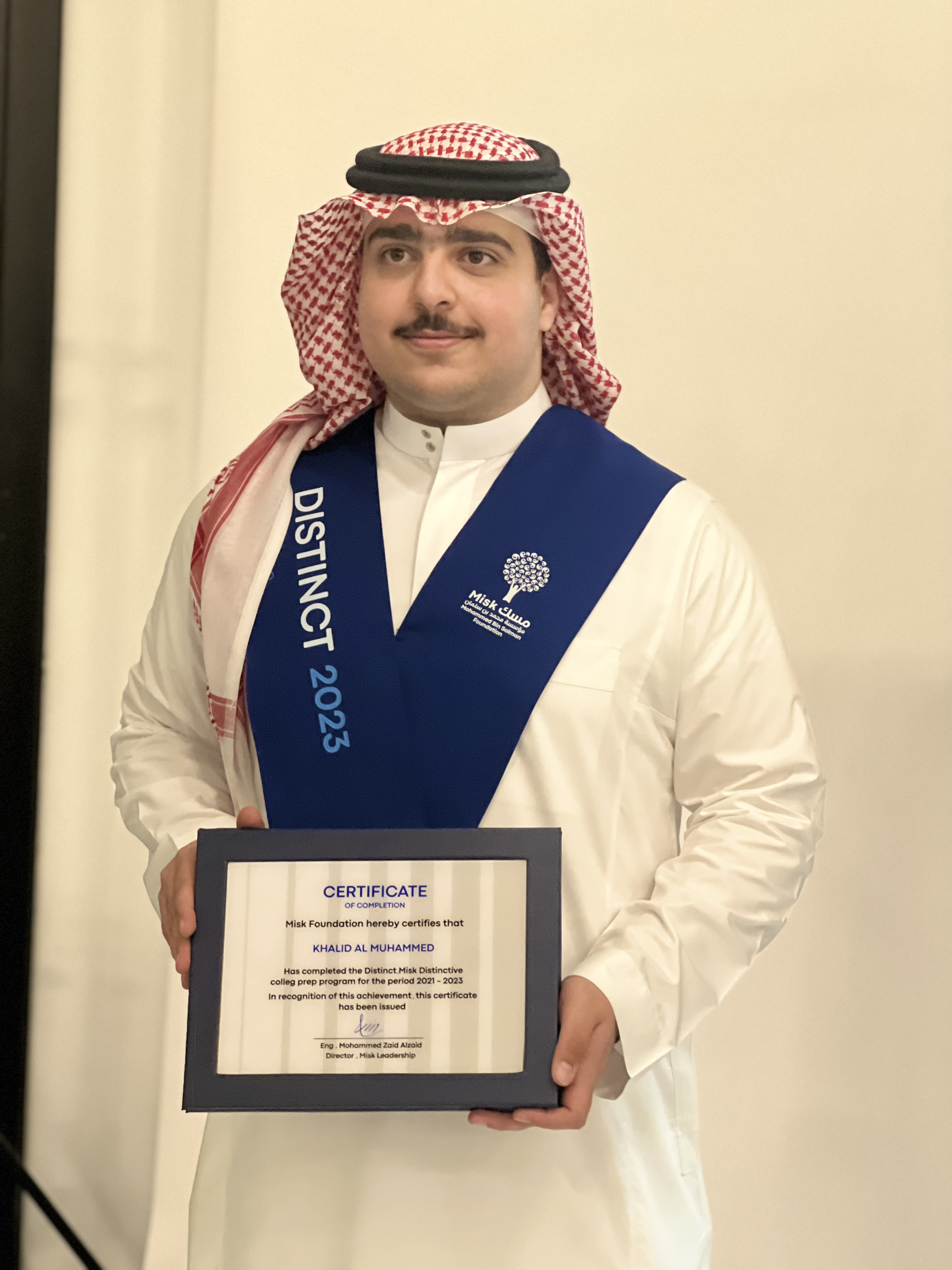
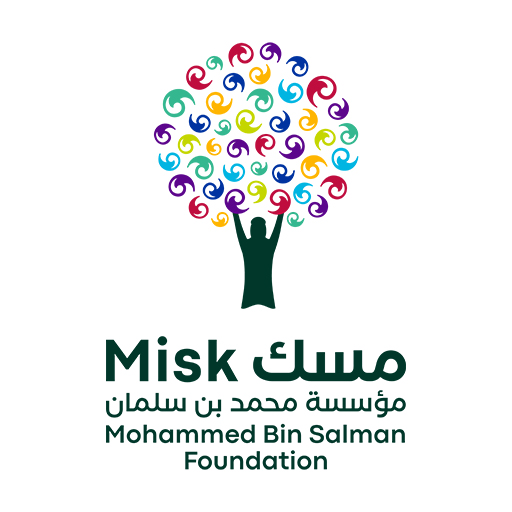
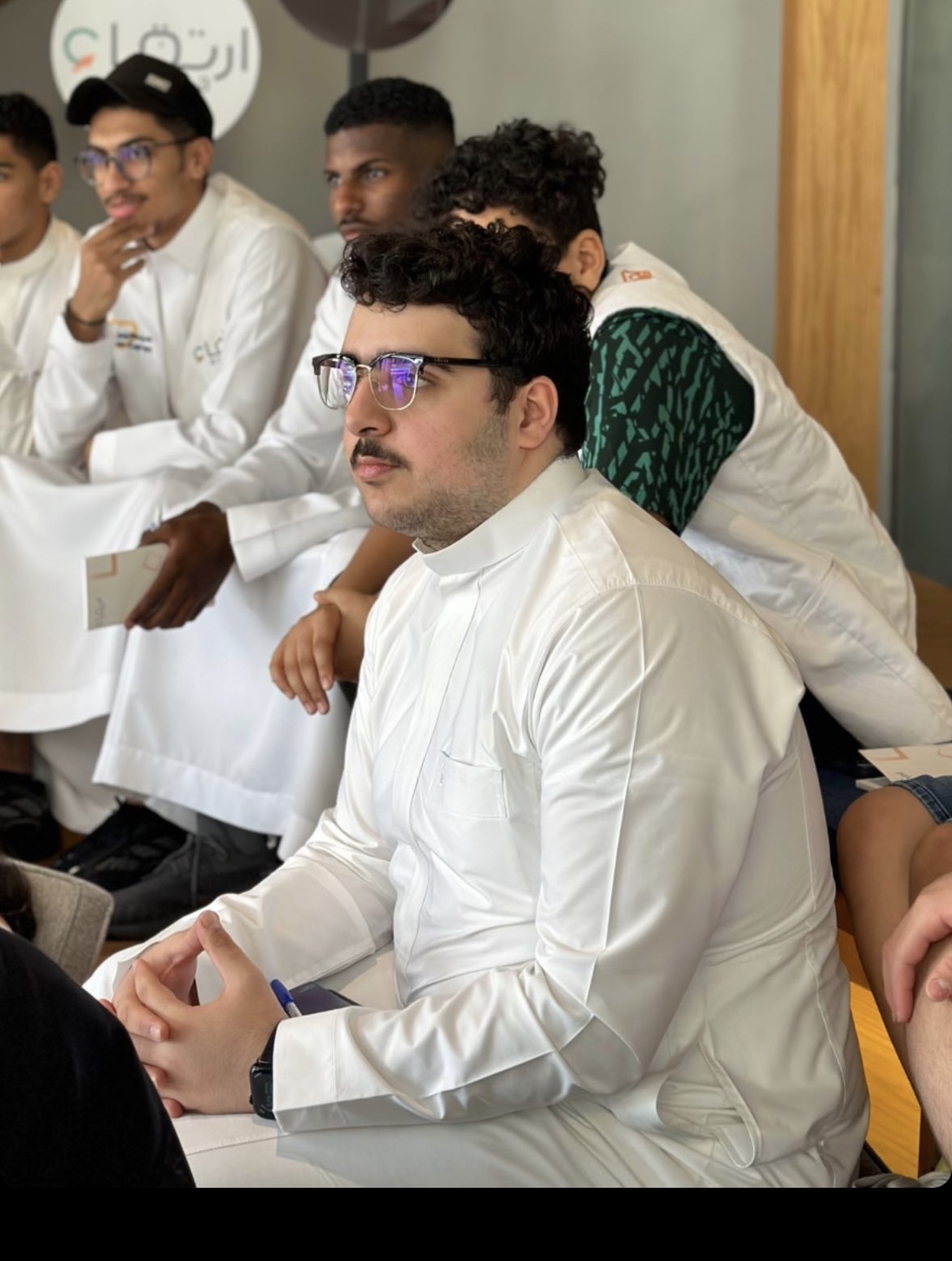
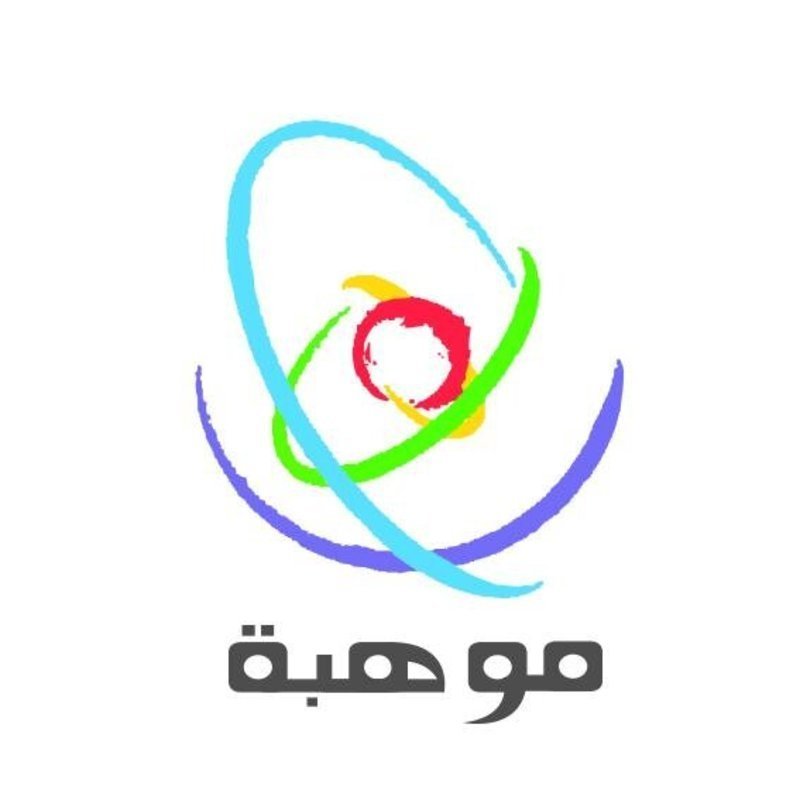
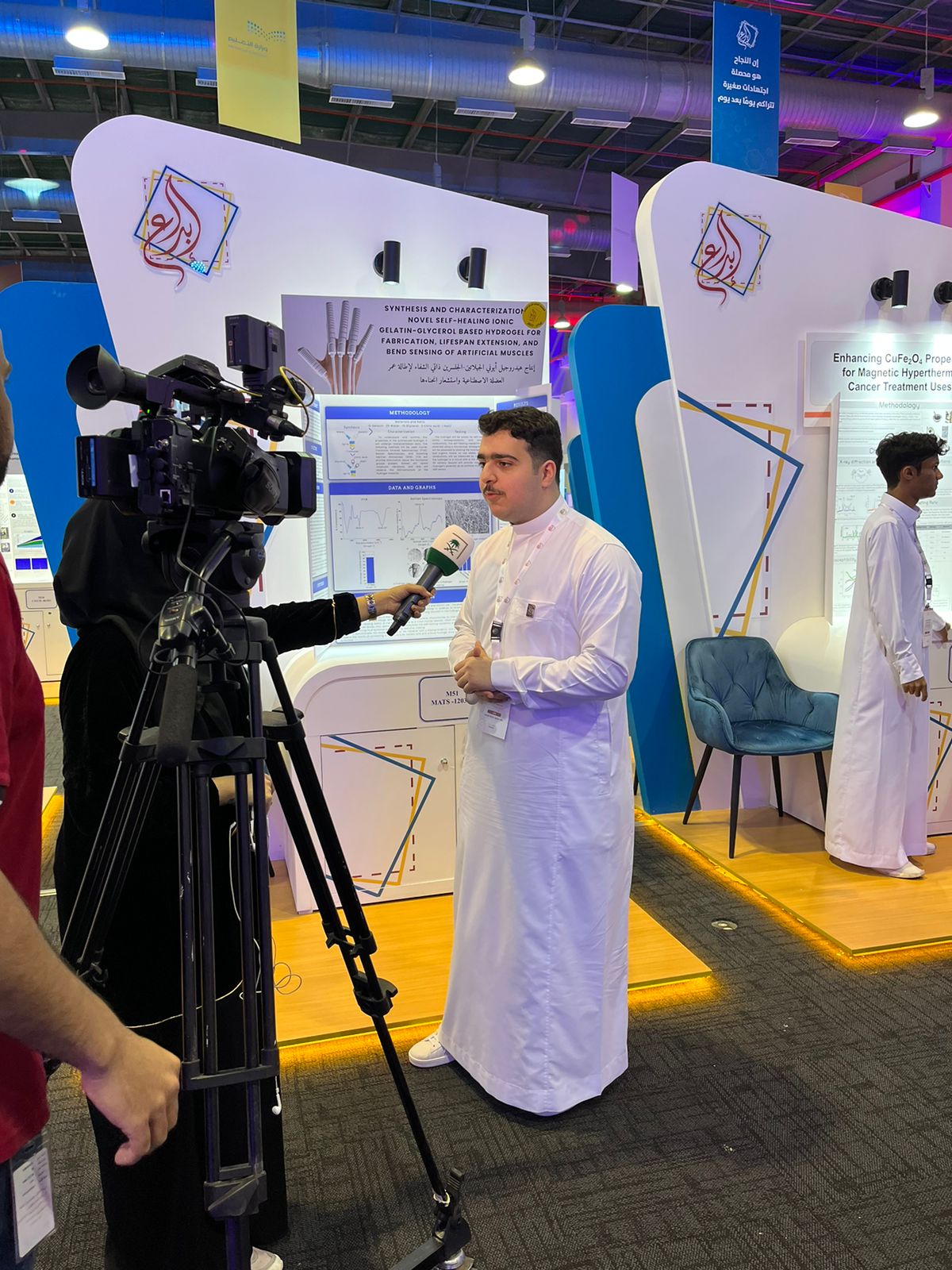
Hey there! I'm Khalid, a software engineer with a knack for turning coffee into code. When I’m not busy building ML models, you can find me perfecting my left hook and right cross in the ring. I've got a couple of academic awards and hackathons under my belt, but my real claim to fame is my passion for tackling new challenges with a positive impact. Columbia University is my current playground, and I'm always ready for the next tech adventure!

Currently studying at Columbia University Fu Foundation School of Engineering and Applied Science
Received the prestigious KAUST KGSP full scholarship for exceptional academic achievements, leadership potential, and a demonstrated passion for STEM fields
Computer Engineering Intern
• Spearheaded the refurbishment and donation of over 700 computers to underprivileged communities
• Collaborated with a team to efficiently process, repair, and distribute the computers, ensuring they were in optimal working condition before donation
• Developed a streamlined process for computer refurbishment, reducing the average processing time per computer by 30% and increasing the overall number of daily computers donated by 20%
Technical Consultant Intern
• Provided strategic guidance and technical expertise to two Ertiqa teams, resulting in first and second-place wins in an international app development competition.
• Collaborated with team members to identify and prioritize critical development areas to ensure alignment with competition objectives and optimize resource allocation.
• Implemented industry best practices in software development processes, including version control, continuous integration, and automated testing
Tech Lead
• Developed a scalable and efficient backend infrastructure for the ZamaTime educational platform using PHP, Laravel framework, and MySQL. Implemented RESTful API endpoints, optimized database queries, and designed complex data models to ensure seamless data flow and maintain data integrity
• Integrated payment gateways, such as PayPal, to facilitate smooth financial transactions
• Optimized server performance through caching, load balancing, and database indexing, resulting in a 30% improvement in response times
• Developed the frontend using JavaScript and jQuery to create a highly interactive and dynamic user interface
The goal is to predict the final sales price of residential homes in Ames, Iowa, using a rich dataset with 79 explanatory variables. This project is part of a competition.
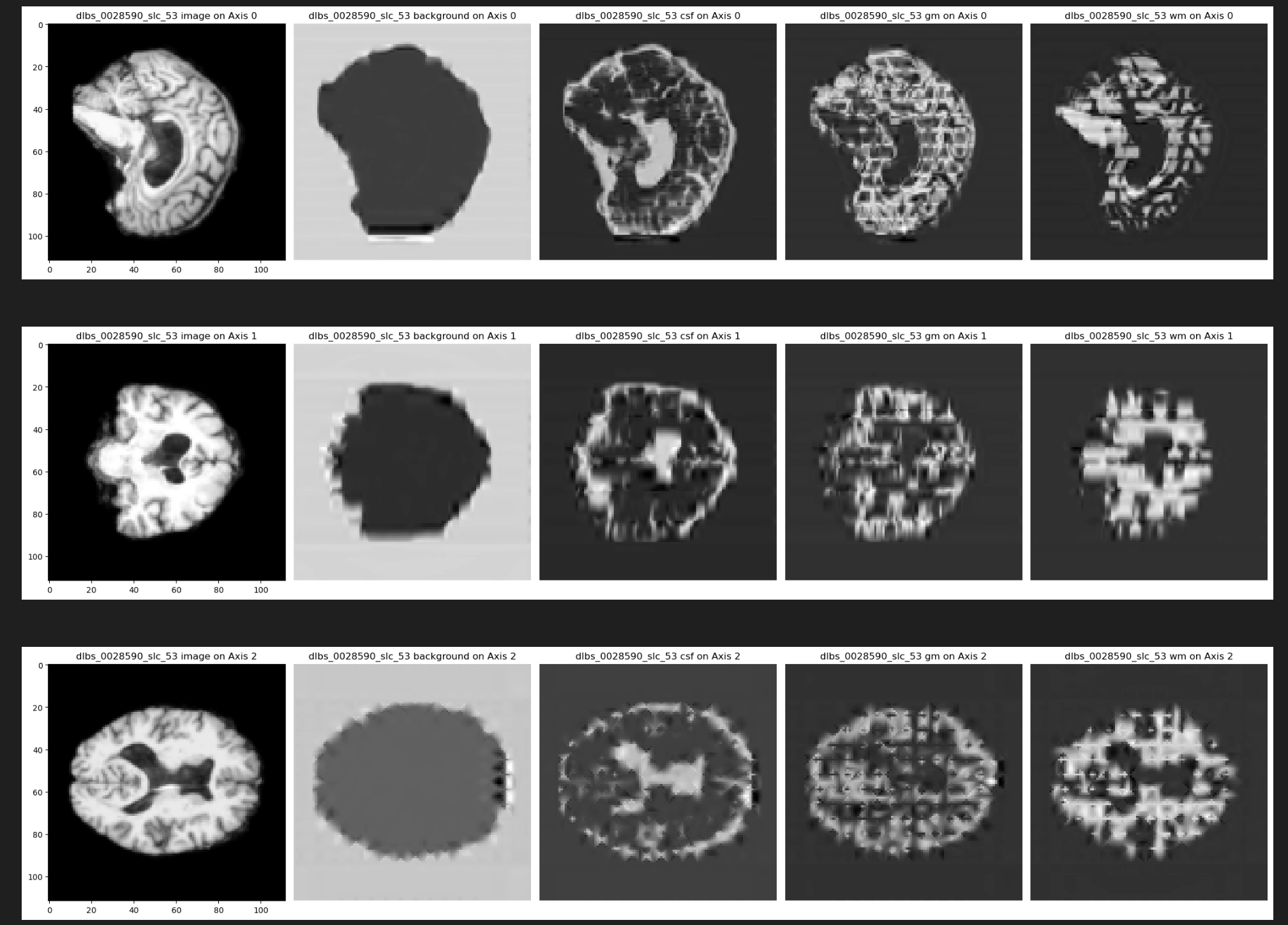
This Python project is designed to process and analyze MRI images using deep learning to differentiate between white matter, grey matter, and cerebrospinal fluid. The project uses libraries such as TensorFlow, PyTorch, NumPy, and Scikit-Learn to perform tasks like image resizing, data interpolation, and model training.
This project simulates the outbreak of an infectious disease, such as Covid-19, using a simplified model based on epidemiological principles. The simulation operates on a 150x150 grid map of New York City, where each cell represents a population that can be in one of three states: susceptible (S), infected (I), or resistant (R).
This project involves building a predictive model that determines whether a passenger survived the Titanic disaster. The model is trained on a dataset containing various features of the passengers such as age, sex, ticket class, etc. The goal is to predict survival status with high accuracy, as evaluated on a separate test dataset.
This project involves implementing machine learning models to solve a supervised classification problem using the Scikit-Learn library and a custom KNN classifier. The task is to predict categories based on a given dataset, evaluating models based on their prediction accuracy.
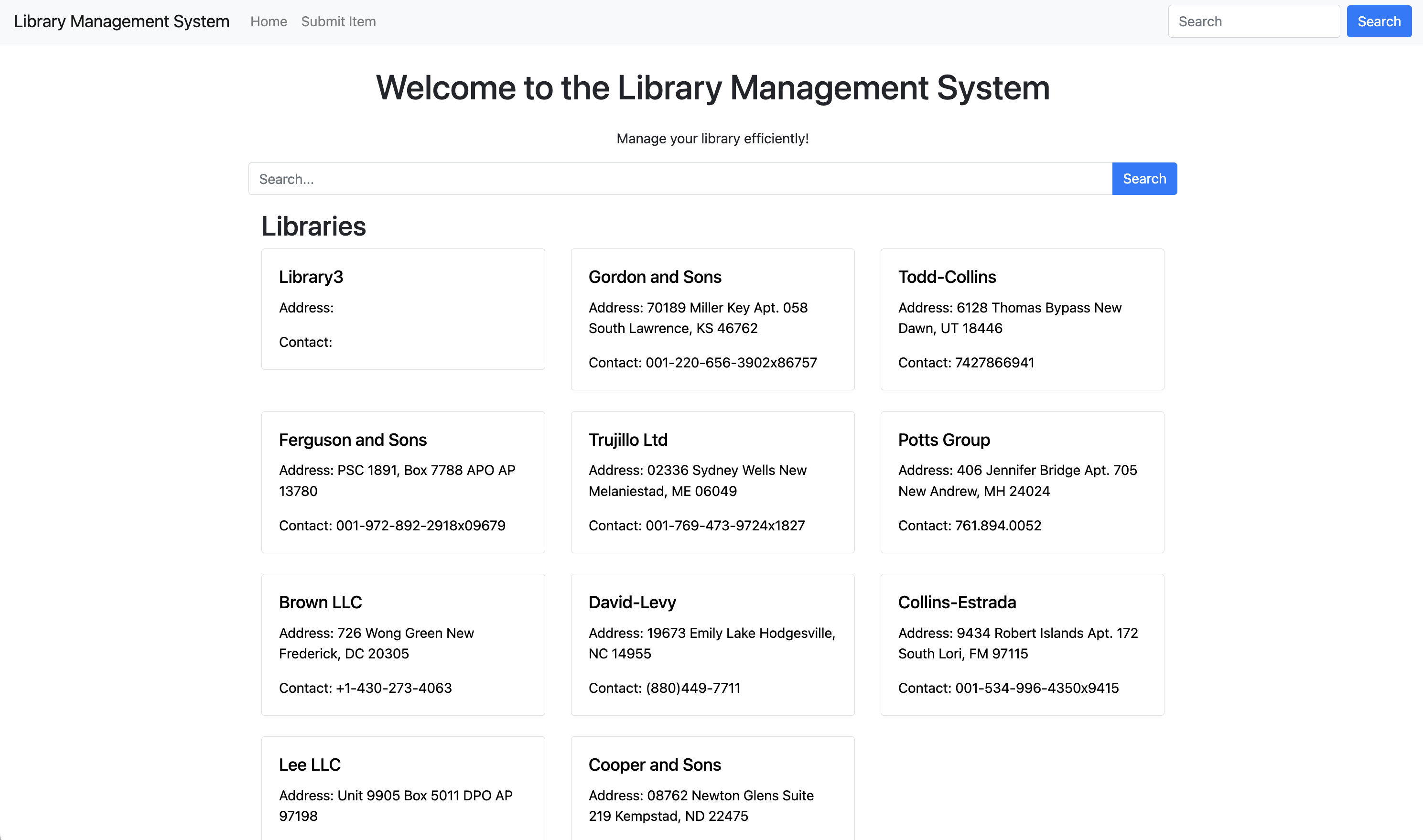
This Django project is designed for managing a library system, capable of handling book inventories, user management, and more. The project is configured for deployment using Vercel, making it easily accessible via the web.